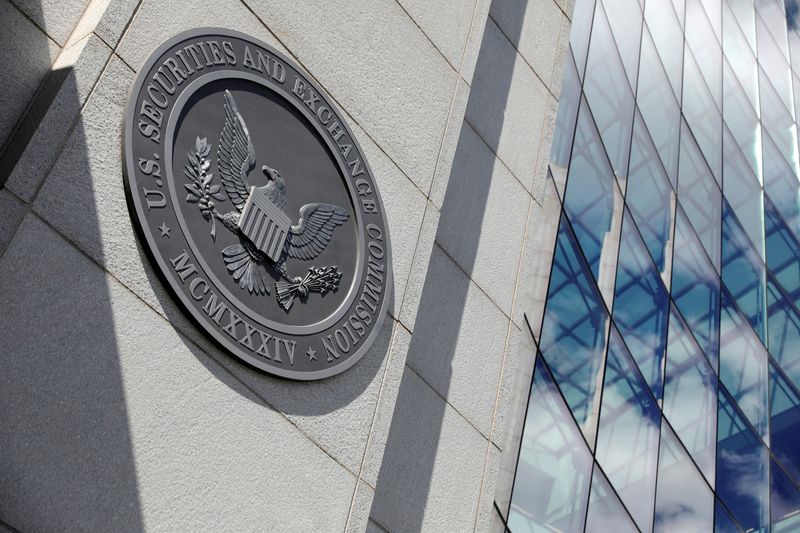WASHINGTON (Reuters) -Shares of Cassava Sciences (NASDAQ:SAVA) fell 10% in post-market trading on Thursday after the U.S. Securities and Exchange Commission charged the biopharmaceutical company and two former executives for misleading claims about the results of Alzheimer's clinical trials.
The misleading statements were made in September 2020 about the results of a phase two clinical trial for Cassava's purported drug treatment for Alzheimer's, the SEC said.
Cassava's shares dropped to $28.37 in extended-hours trading. It had closed at $31.87 during regular hours on Thursday.
The SEC said Cassava will pay $40 million to settle the civil charges, while Remi Barbier, the company's founder and former CEO, and Lindsay (NYSE:LNN) Burns, its former senior vice president of neuroscience, will pay $175,000 and $85,000, respectively, to settle the charges.
Hoau-Yan Wang, a City University of New York Medical School professor and a consultant for Cassava who helped to develop the Alzheimer's drug, was also charged by the SEC for manipulating the trial results.
The SEC said Cassava misled investors by saying its Alzheimer's drug "significantly improved patient cognition." It failed to disclose that a full set of patient data actually showed "no measurable cognitive improvement in the patients' episodic memory."

The company also failed to disclose Wang's role in the clinical trial and his personal, financial, and professional interests in the drug's success, the SEC said, adding he agreed to pay a $50,000 penalty.
Cassava said in a statement that it cooperated fully with the SEC's investigation and has implemented remedial measures. It also said it does not currently anticipate criminal charges from the Department of Justice.